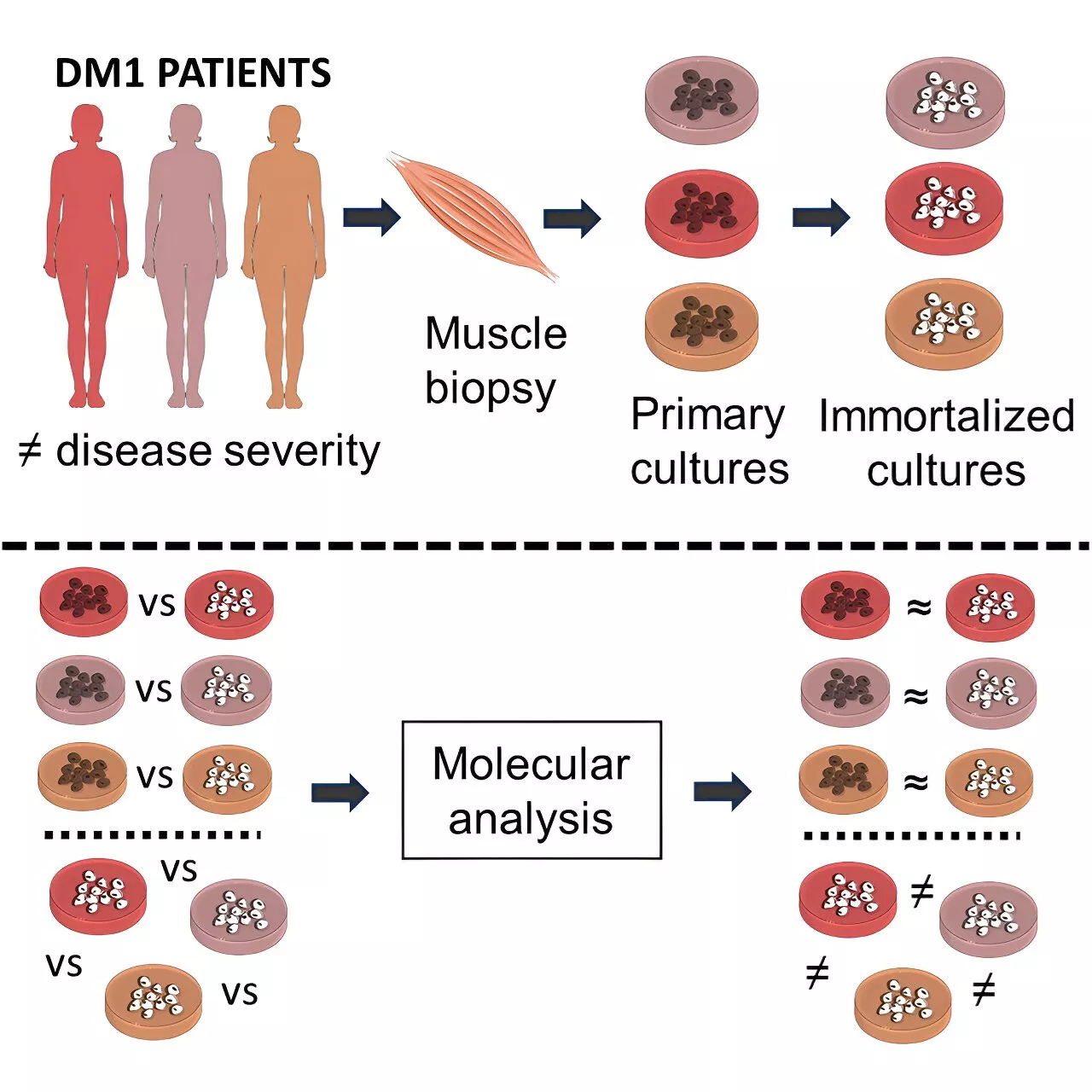Type 1 diabetes (T1D) diagnoses could soon be transformed with newly released guidance, developed with input from a University of Adelaide expert, outlining how to detect and monitor early-stage T1D before the point of symptom onset.
New guidelines set to change the way clinicians diagnose type 1 diabetes retrieved 25 June 2024 from https://medicalxpress.com/news/2024-06-guidelines-clinicians-diabetes.html
This document is subject to copyright. Apart from any fair dealing for the purpose of private study or research, no part may be reproduced without the written permission. The content is provided for information purposes only.2 hours agoUse this form if you have come across a typo, inaccuracy or would like to send an edit request for the content on this page. For general inquiries, please use ourThank you for taking time to provide your feedback to the editors.
Your feedback is important to us. However, we do not guarantee individual replies due to the high volume of messages.to let the recipient know who sent the email. Neither your address nor the recipient's address will be used for any other purpose. The information you enter will appear in your e-mail message and is not retained by Medical Xpress in any form.Get weekly and/or daily updates delivered to your inbox.
Medicine Research Health Research News Health Research Health Science Medicine Science
Singapore Latest News, Singapore Headlines
Similar News:You can also read news stories similar to this one that we have collected from other news sources.
 New type of cerebellar ataxia discovered: How the immune system destroys the cerebellumCerebellar ataxia is a neurological disorder of the cerebellum. This important area at the back of the brain acts as a conductor, so to speak, coordinating our movements and keeping us in balance.
New type of cerebellar ataxia discovered: How the immune system destroys the cerebellumCerebellar ataxia is a neurological disorder of the cerebellum. This important area at the back of the brain acts as a conductor, so to speak, coordinating our movements and keeping us in balance.
Read more »
 New type of blood test can predict if breast cancer will come backIt paves the way for treatment to start before it becomes incurable
New type of blood test can predict if breast cancer will come backIt paves the way for treatment to start before it becomes incurable
Read more »
 New therapeutic targets to fight type 2 diabetesOne of the most confusing aspects for patients with type 2 diabetes mellitus is that they have high fasting glucose levels. This is because in these insulin-resistant patients, glucose production by the liver is triggered, a process that is still full of questions for the scientific community.
New therapeutic targets to fight type 2 diabetesOne of the most confusing aspects for patients with type 2 diabetes mellitus is that they have high fasting glucose levels. This is because in these insulin-resistant patients, glucose production by the liver is triggered, a process that is still full of questions for the scientific community.
Read more »
 New study shows long-term effectiveness of gastric bypass in treating type 2 diabetes and obesityRoux-en-Y gastric bypass, a type of weight-loss surgery, kept type 2 diabetes in remission for up to 15 years and most of the weight off for up to 20 years in one of the largest long-term studies of patients undergoing the procedure.
New study shows long-term effectiveness of gastric bypass in treating type 2 diabetes and obesityRoux-en-Y gastric bypass, a type of weight-loss surgery, kept type 2 diabetes in remission for up to 15 years and most of the weight off for up to 20 years in one of the largest long-term studies of patients undergoing the procedure.
Read more »
 Where to find every new weapon type in Elden Ring: Shadow of the ErdtreeSarah started as a freelance writer in 2018, writing for PCGamesN, TechRadar, GamingBible, Red Bull Gaming and more. In 2021, she was offered a full-time position on the PC Gamer team where she takes every possible opportunity to talk about World of Warcraft and Elden Ring.
Where to find every new weapon type in Elden Ring: Shadow of the ErdtreeSarah started as a freelance writer in 2018, writing for PCGamesN, TechRadar, GamingBible, Red Bull Gaming and more. In 2021, she was offered a full-time position on the PC Gamer team where she takes every possible opportunity to talk about World of Warcraft and Elden Ring.
Read more »
 New cellular models of myotonic dystrophy type 1 reflect the clinical diversity of the diseaseCellular models used to search for new therapies for myotonic dystrophy type 1 do not usually take into account the diversity of subtypes presented by patients. A study led by researchers from the Germans Trias i Pujol Research Institute (IGTP) has taken a step forward by developing three new models that represent this heterogeneity.
New cellular models of myotonic dystrophy type 1 reflect the clinical diversity of the diseaseCellular models used to search for new therapies for myotonic dystrophy type 1 do not usually take into account the diversity of subtypes presented by patients. A study led by researchers from the Germans Trias i Pujol Research Institute (IGTP) has taken a step forward by developing three new models that represent this heterogeneity.
Read more »
